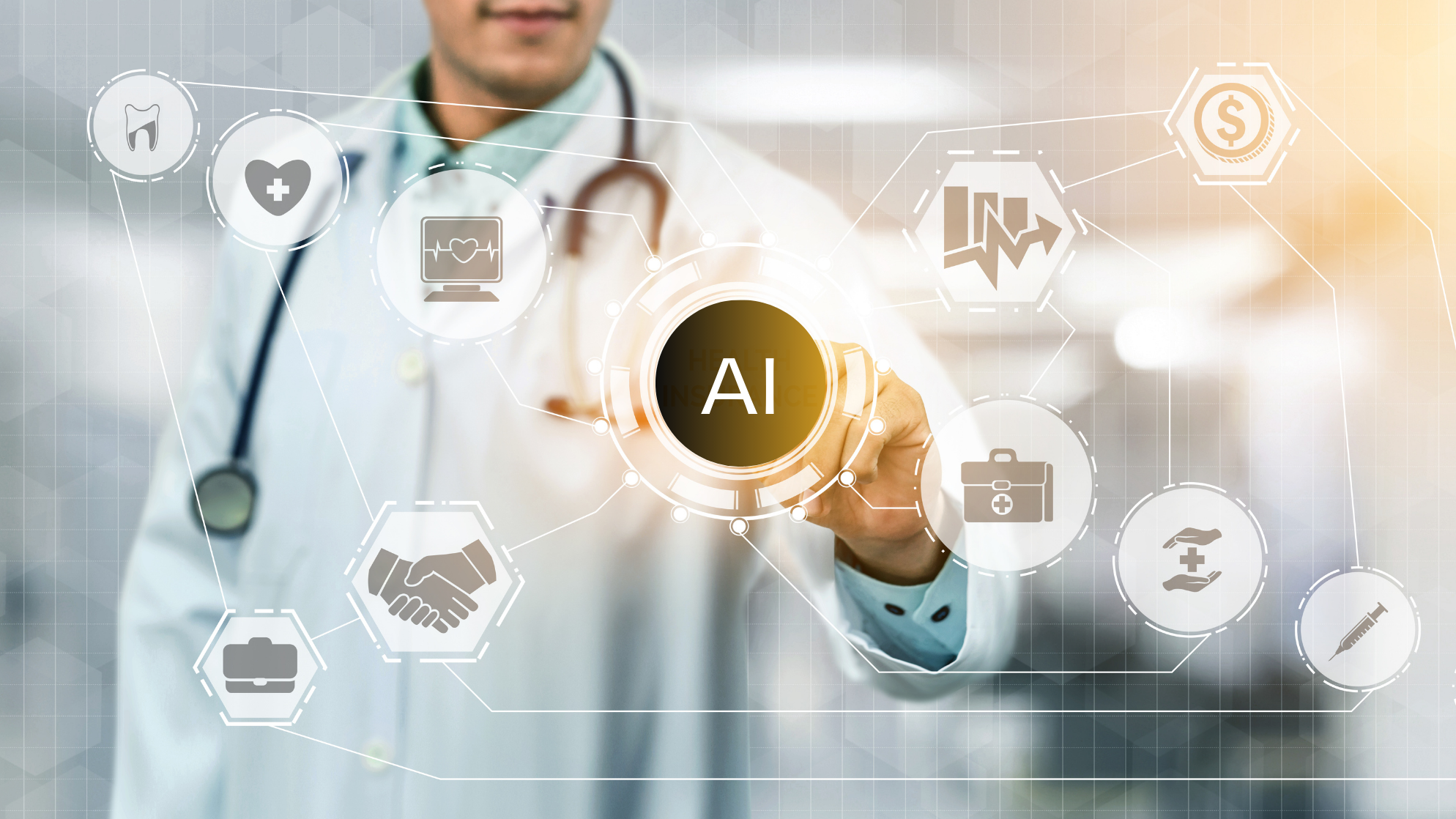AI in Healthcare: NHS Leading the Way in Patient Care Innovation
The National Health Service (NHS) is on the cusp of a transformative era, driven by a series of groundbreaking artificial intelligence (AI) initiatives in healthcare delivery. These advancements are aimed at enhancing patient care across England through faster and more accurate diagnosis, more efficient use of resources, and improved patient outcomes.
Accelerating Lung Cancer Diagnosis and Treatment with AI
One of the pivotal areas where AI is making significant inroads is in the diagnosis and treatment of lung cancer. The NHS has deployed advanced AI tools across 64 trusts to accelerate lung cancer diagnosis. This deployment builds on existing AI applications within the NHS that have already halved treatment times for stroke victims and substantially reduced the time needed for brain scan analyses.
Faster Diagnosis: AI tools can analyze lung scans quickly, allowing for earlier detection of cancerous lesions.
Improved Accuracy: AI algorithms reduce the risk of human error, ensuring more precise diagnoses.
Enhanced Treatment Plans: By analyzing large datasets, AI can suggest the most effective treatment protocols based on patient history and genetic factors.
Tackling Operational Inefficiencies with AI
In addition to improving cancer care, AI is also being used to tackle operational inefficiencies such as missed appointments. The NHS is implementing AI technologies to significantly reduce the number of missed hospital appointments, which not only conserves valuable clinical time but also helps to manage patient waiting lists more effectively.
Predictive Analytics: AI can predict which patients are likely to miss appointments and send automated reminders.
Resource Management: Reducing missed appointments allows for better allocation of healthcare resources.
Patient Engagement: AI-driven tools can engage patients more effectively, ensuring they adhere to their appointment schedules.
AI-Airlock: A New Regulatory Sandbox
Supporting these innovations is the Medicines and Healthcare products Regulatory Agency’s (MHRA's) new "regulatory sandbox," AI-Airlock, which facilitates the testing of AI technologies in NHS settings safely ahead of full regulatory approval. This initiative is expected to allow quicker deployment of emerging technologies, ensuring that NHS patients benefit from the latest advancements in medical technology faster.
Safe Testing Environment: AI-Airlock provides a controlled setting for testing new AI applications.
Accelerated Approval: Successful tests can expedite the regulatory approval process.
Early Adoption: Patients can benefit from cutting-edge technologies without long delays.
Revolutionizing Diabetes Management with AI
Moreover, the NHS is rolling out an artificial pancreas to tens of thousands of patients with type 1 diabetes, a move that represents a world first in terms of scale and technological ambition. This technology automates insulin delivery based on real-time glucose monitoring, which could revolutionize the management of type 1 diabetes by reducing the need for manual injections and improving control over blood glucose levels.
Real-Time Monitoring: Continuous glucose monitoring provides real-time data for insulin delivery.
Automated Insulin Delivery: The artificial pancreas adjusts insulin levels automatically, reducing the burden on patients.
Improved Health Outcomes: Better glucose control can reduce complications associated with diabetes.
Setting a Global Benchmark
These initiatives collectively exemplify how the NHS is leveraging generative AI in healthcare to not only enhance patient care but also drive operational efficiencies, setting a global benchmark in the healthcare sector. As the NHS continues to integrate AI technologies, it paves the way for a future where healthcare is more personalized, efficient, and effective.
The Future of AI in NHS Healthcare
The transformative potential of AI in healthcare is vast, and the NHS is at the forefront of this revolution. As AI technology continues to evolve, its applications in healthcare will only expand, leading to:
Personalized Medicine: AI can tailor treatments to individual patients based on their genetic makeup and health history.
Preventative Care: Predictive analytics can identify risk factors for diseases, allowing for early intervention.
Enhanced Patient Experience: AI-driven chatbots and virtual assistants can provide patients with immediate support and information.
By embracing AI, the NHS is not only improving current healthcare delivery but also setting the stage for future innovations that will continue to transform the industry.
Introducing Praxi: Revolutionizing Data Classification in the Healthcare Sector
Our team specializes in industry-specific data classification, turning your overwhelming and under utilized data into actionable insights. Streamline your data management, enhance decision-making, maintain compliance and safeguard your data integrity. Schedule a free demo to learn more!
Healthcare
Insurance
Banking
Defense
Learn More
>> Watch our upcoming and past podcast episodes on The Praxi Pod where host, Andrew Turner covers the latest industry trends, best practices, and expert insights, alongside industry data leaders.
>> Download our eBooks to empower your business with expert information.
Download | Beyond the Hype: Practical Generative AI for the Modern Enterprise - eBook
Download | Myths, Promises & Threats: Generative AI for the Enterprise
>> Schedule a free demo to see if Praxi can help your business streamline the way you classify, manage and leverage your data.


